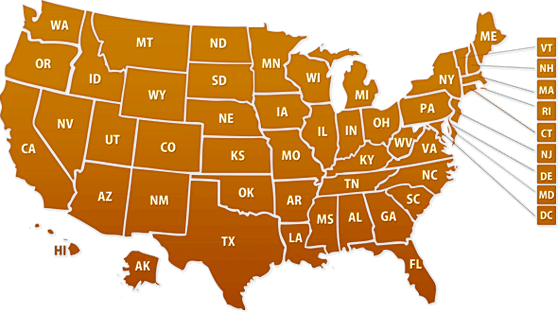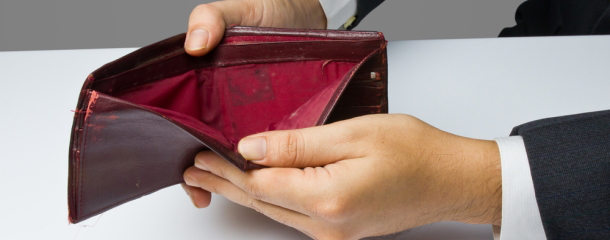Click on the map to begin your search

How to Flip Houses with No Money

Have you ever heard that "It takes money to make money"? That saying has a lot of truth to it and more so when it comes to investing. There is something, however, that make real estate investments different – you do not have to always use your money.
The ability to leverage the purchase of real estate – that is by using someone else's money, like a bank loan or another investor's cash – can help you make some serious money in real estate. But can you really flip houses with no money? Yes, it is possible.
Wholesaling Costs Almost Nothing
When you flip a house through wholesaling, you never actually purchase the home. You are selling your interest or rights to the contract. This means that you can create a transaction with little or no money down.
How to Start Flipping Houses with No Money Out Of Pocket
- Locate buyers or investors who are looking to buy real estate.
- Locate a property that meets your investor's guidelines.
- Place an offer on that property that includes the right to assign the contract.
- On the Purchase Agreement, under the earnest money deposit section write $0.
- Once offer is accepted, start the closing process with the title company.
- Draw up an agreement assigning the contract to your buyer for a fee.
- Submit the assignment contract and invoice for your fee to the title company.
- Your buyer closes on the property. You are paid by the title company out of the closing costs.
If you find that your offers are not being accepted, try including a small earnest money deposit. Some wholesalers only put $10 dollars down where others put up to $500.
If you put down a $500 earnest money deposit, for example, make sure that it is listed separately on the invoice/transaction fee which is submitted to the title company. As long as the deal closes with your buyer, you will get your fee plus the earnest money deposit.
How to Get Money To Flip A House
As long as you have a buyer before you make your offer, you could use their earnest money as a deposit on your contract. Make the payment of the earnest money within 5 days of seller's acceptance, this will give you enough time to get your buyer under contract. When you assign the contract, you also assign the earnest money deposit. At the closing, your buyer's earnest money deposit will show up on their closing statements.
The beautiful thing about wholesaling is that once you have completed your first deal, you now have earned enough from your property flip to put down an earnest money deposit on your next transaction.
What if the Deal does not close?
There are several ways to write a purchase agreement so that if the deal does not close (i.e. you cannot find a buyer), you will be able to get your earnest money deposit back.
- Subject to a Satisfactory Inspection. If the home inspector (or even yourself) finds legitimate problems with the property that are unacceptable to your buyer, you can be released from the agreement.
- Subject to Partner's Approval. Your "partner" is your buyer. If your buyer does not approve the transaction within the amount of days stated in the contract, then you are let out of the transaction.
If you want to get into real estate and do not have any start-up money – check out flipping houses through wholesaling. Your first no-money-down deal will give you the cash to write other competitive offers. Plus, using the power of another investor's financial leverage can be an effective way to flip your way into a profitable real estate business.

